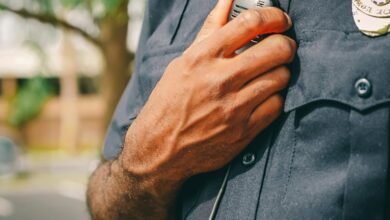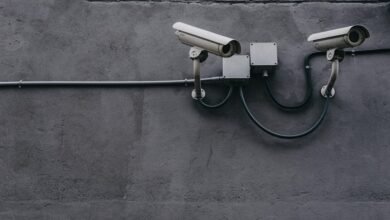7480589950 User Behavior After Missed Calls

User behavior following missed calls to the number 7480589950 reveals complex patterns influenced by various factors. Recipients may respond differently based on the caller’s identity, balancing emotional responses with social expectations. Recognized callers often prompt immediate callbacks, while unknown numbers can lead to avoidance. Furthermore, the psychological implications of missed communication are significant. This raises questions about the evolving norms of interaction and the underlying motivations driving these decisions.
Patterns of Response: Call Backs and Ignored Missed Calls
Numerous studies have indicated that individuals exhibit distinct patterns of behavior in response to missed calls, primarily categorized into call backs and ignored notifications.
Call back urgency often influences the decision to return a call, reflecting social dynamics and perceived importance.
Conversely, missed call etiquette dictates that some individuals may choose to ignore notifications, prioritizing personal boundaries over immediate communication responses.
The Role of Caller Identity in Decision Making
Caller identity significantly influences how individuals respond to missed calls, impacting their decision-making processes.
Caller recognition plays a crucial role, as the significance of identity determines whether a call is returned or ignored. Known contacts typically elicit prompt responses, while unknown callers may provoke hesitation, reflecting broader implications of trust and perceived urgency in communication behaviors.
Ultimately, caller identity shapes individual priorities and responses.
Psychological Factors Influencing Call Back Behavior
A variety of psychological factors can significantly influence an individual’s decision to return a missed call.
Callback anxiety often arises from fear of disappointing the caller or facing potential confrontation.
Additionally, the perception of a missed opportunity can weigh heavily, creating internal pressure to respond promptly.
These emotional responses can ultimately dictate whether an individual chooses to re-engage with the missed communication.
Social Dynamics of Missed Calls in Modern Communication
How do social dynamics shape the interpretation and response to missed calls in contemporary communication?
Missed call etiquette dictates varying responses influenced by relationship proximity and context. Individuals may experience communication anxiety, prompting hesitation to return calls based on perceived social obligations.
Consequently, societal norms and expectations inform behavioral patterns, illustrating how interpersonal dynamics intricately affect reactions to missed calls in a digital age.
Conclusion
In summary, user behavior following missed calls to the number 7480589950 is influenced by a variety of psychological and social factors. Recognizing the caller often prompts immediate action, reflecting the urgency in personal relationships. Conversely, unknown callers may lead to hesitation, illustrating the adage “better safe than sorry.” As communication norms continue to evolve, individuals navigate these missed connections with a blend of caution and urgency, revealing the complexities of modern interaction dynamics.




